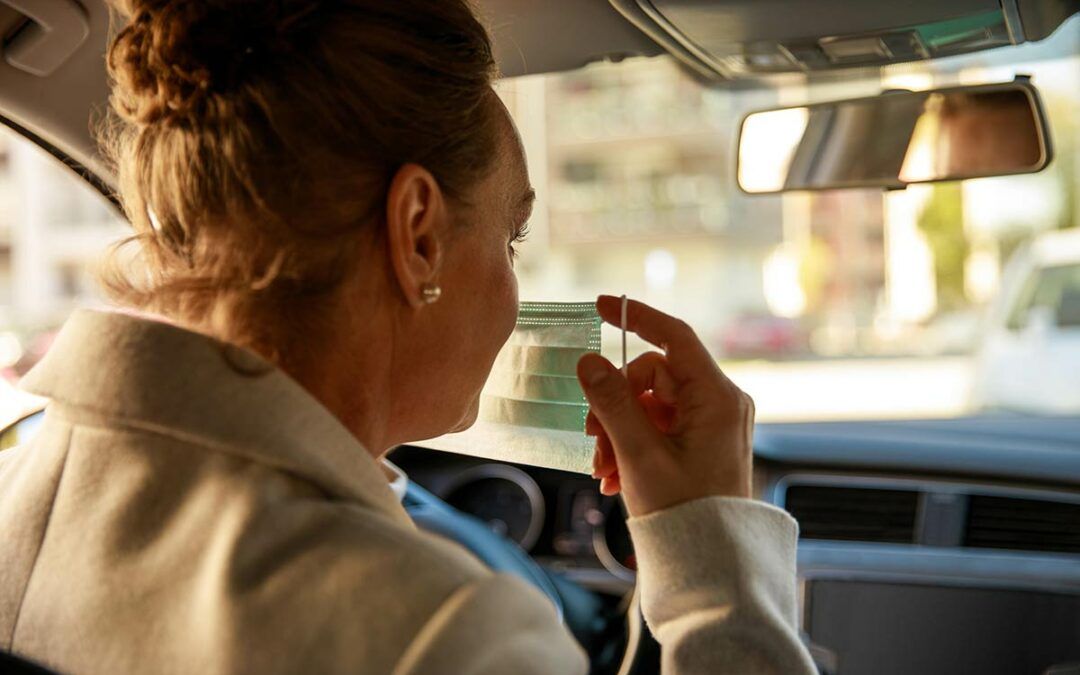Many organisations today are increasingly recognising the value of surveillance cameras to help address workplace compliance and Work, Health and Safety Policies.
Every workplace has a responsibility to ensure the health and safety of their employees yet according to WorkCover NSW, the direct costs due to slips, trips and falls in NSW alone is approximately $110 million.
The laws can vary for different industries, but with the average cost of a workers compensation claim approximately $18,900, potential litigation costs can have a major impact on a business. Having camera footage on hand to verify incidents or check an employee was following company policy and safety procedures can be a valuable resource, particularly for workplaces operating in hazardous environments or for workers who are working alone in remote areas.
It is also important to remember that while CCTV cameras can be a vital resource for monitoring staff safety and compliance, companies must consider the CCTV Code of Ethics.
As CCTV becomes more common in workplace environments, before installing a CCTV system, businesses need to consider the ethical use of cameras to ensure they comply with Australian privacy laws. The law requires employers using CCTV cameras to inform staff that cameras are in use and explain the reasons why the cameras are in place.
Cameras should not to be installed purely for the sake of observing staff – there must be justification for the presence of cameras, for example monitoring Work, Health and Safety Policies, overseeing the operation of machinery to help avoid the risk of injury or watching out for lone workers who may be located in isolated or remote areas.
A company is also responsible for ensuring that staff understand the risks and hazards in their workplace environment and know how to manage them. Companies should communicate their surveillance policy to staff so that they fully understand how the footage is being used and if installing surveillance for the first time, consider involving staff in the initial stages of installation to ensure they feel a part of the process.
This will help them understand the reasons why a monitoring system is being installed. Also remember that appropriate signage must be clearly visible in and around the areas where cameras are present.
Integrated CCTV systems using access control technology can also help enhance compliance, which is particularly beneficial for factories and businesses that operate hazardous machinery. Access control can help ensure that machinery is only being operated by authorised staff and its operation is backed up with monitored CCTV footage should an incident occur.
For more details about how your business can benefit from a CCTV surveillance system for workplace compliance, call ADT Security on call 131-238





